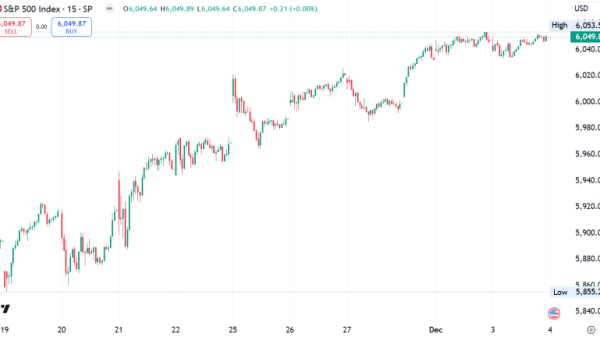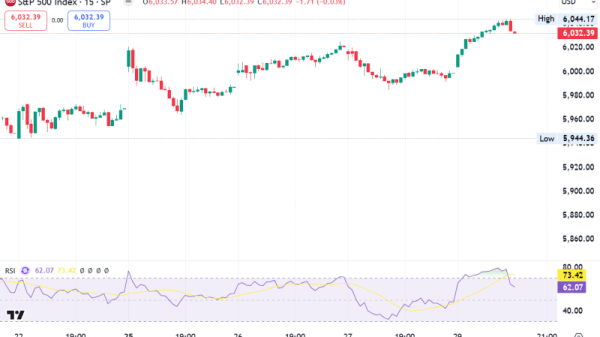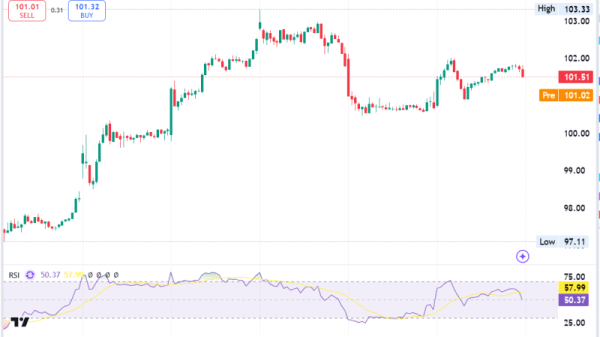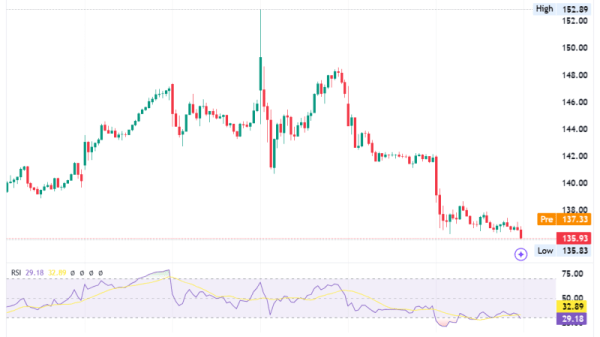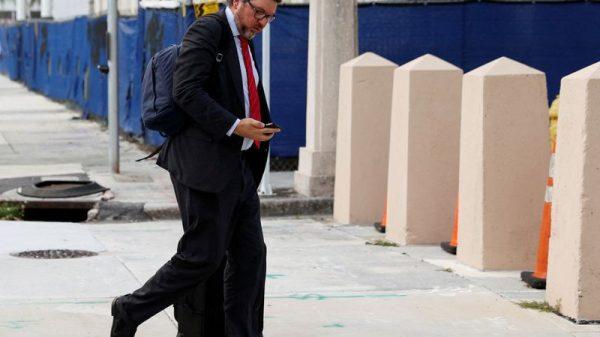Investing.com — The US recently avoided a government shutdown, which occurs when Congress fails to pass a bill to fund federal operations, forcing agencies to halt non-essential activities.
According to Wells Fargo (NYSE:WFC) analysts: “A government shutdown only impacts the 25% or so of federal spending that is characterized as ‘discretionary.’”
Programs such as Social Security, Medicare, and Medicaid, categorized as “mandatory” spending, continue unaffected.
During a shutdown, federal agencies cease non-essential functions while essential services, including public safety and national security, remain operational.
Wells Fargo explains that civilian federal employees, totaling 2.3 million, and active-duty military personnel, numbering 1.3 million, face interruptions. “Essential” employees work without pay, and “non-essential” employees are furloughed. All workers eventually receive back pay after the shutdown concludes.
The bank says that the economic impacts of shutdowns have historically been modest but noticeable.
Wells Fargo noted that the “direct hit to economic growth in the 2013 and 2018–2019 government shutdowns was a relatively modest few tenths-of-a-percentage point.” While GDP growth rebounded post-shutdown, some economic activity was not fully recovered.
The bank adds that indirect effects, such as reduced consumer confidence and delayed investments, are harder to quantify but exist.
The analysts also noted that shutdowns delay crucial economic data releases, such as employment and inflation reports.
Following the 16-day 2013 shutdown, Wells Fargo highlighted that “the Department of Labor’s monthly Employment Situation and Consumer Price Index reports” faced delays of approximately two weeks, causing a ripple effect in economic planning.
Wells Fargo warned that prolonged shutdowns add uncertainty to economic forecasts, with broader implications for policy decisions.
“Economic disruption from a prolonged government shutdown and an extended delay of key government data releases would inject additional uncertainty into the policy outlook and, by extension, the economic outlook,” says Wells Fargo.

